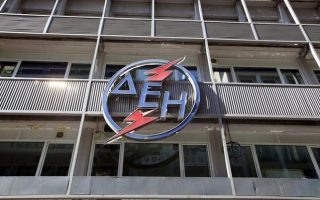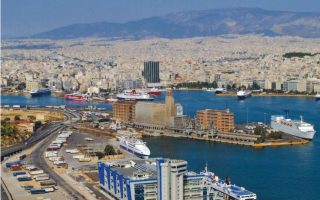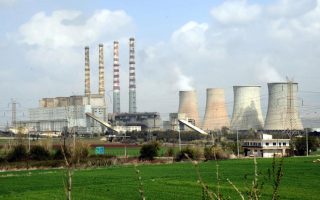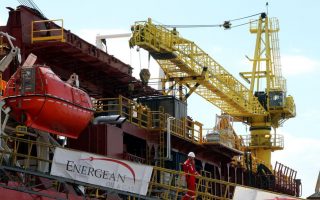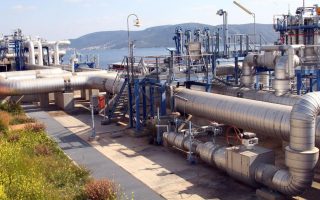Greece, Cyprus, Egypt to speed up talks over sea boundaries
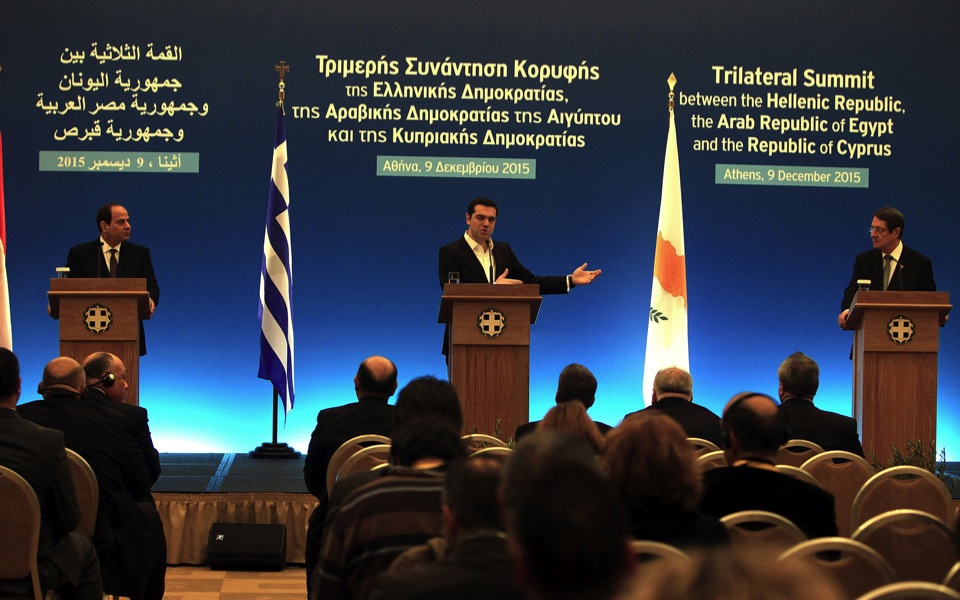
Greece, Egypt and Cyprus agreed on Wednesday to speed up talks to demarcate sea boundaries in the Eastern Mediterranean as part of efforts to turn the region into an offshore natural gas hub.
Egyptian President Abdel Fattah al-Sisi, Greek Prime Minister Alexis Tsipras and Cypriot President Nikos Anastasiades met in Athens to discuss how they could take advantage of gas reserves especially after Egypt this year discovered the biggest offshore gas field in the Mediterranean.
“The discovery of significant hydrocarbon reserves in the east Mediterranean and at Zohr, can and must be a catalyst for wider regional cooperation,” Anastasiades said after the third such summit since November 2014.
The leaders set up a joint committee to work on tourism, investment and energy projects. They will explore the potential for new pipelines in the region depending on the level of gas reserves found in the eastern Mediterranean, Tsipras said.
However, independent experts say most of the gas found off Cyprus, Israel and Egypt will go for domestic consumption and question whether there is sufficient to make a pipeline to Europe viable.
“A gas pipeline (or electric cable) from the Eastern Med to Greece, via Crete, and on to the Balkans and Eastern Europe is a non-starter on the basis of the quantities so far discovered,” said Michael Leigh, head of the Eastern Mediterranean Energy Project at the German Marshall Fund think-tank.
The next summit will take place in Cairo next year.
“We aim to have visible and tangible results through the joint projects,” Sisi said.
Maritime zones claimed by countries for commercial research, known as economic exploitation zones, are governed by the UN law of the sea or bilateral accords between neighbouring states which normally settle on an equidistant boundary.
Cyprus, which is ethnically split between its Greek and Turkish Cypriot populations after a Turkish invasion in 1974, defined its economic zone in 2004 and since then its maritime boundaries with Egypt and Israel. It found gas offshore in 2011, in a move which has been challenged by Ankara.
Tsipras said defining sea borders was not aimed at excluding third countries – a veiled reference to Turkey, with which all three have prickly relations.
Anastasiades, who is trying to negotiate Cyprus settlement, said natural resources “should be a chance for cooperation and not confrontation” in the region.
“Our aim is not to exclude anyone,” he said. “Our cooperation is not against anyone. Our energy sources can suffice for the needs of many Europeans and other neighbours.”
Turkey and Greece, an EU member, have been at loggerheads for decades over land, air, sea and sea-floor borders in parts of the Aegean Sea. Egypt has been at odds with Turkey since Sisi led a military coup that ousted an elected Muslim Brotherhood president backed by Ankara in 2013.
[Reuters]
